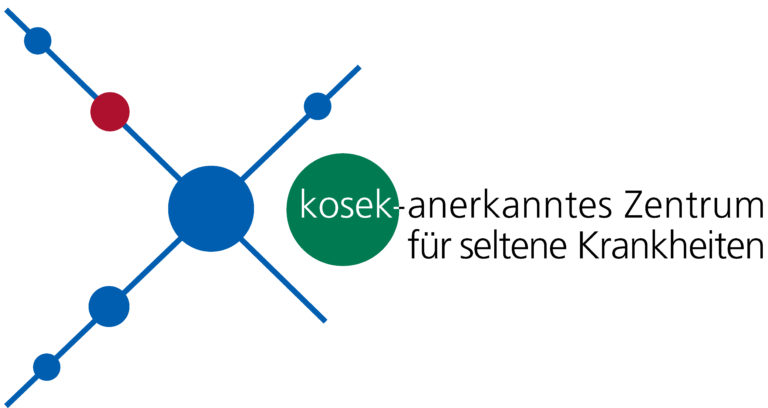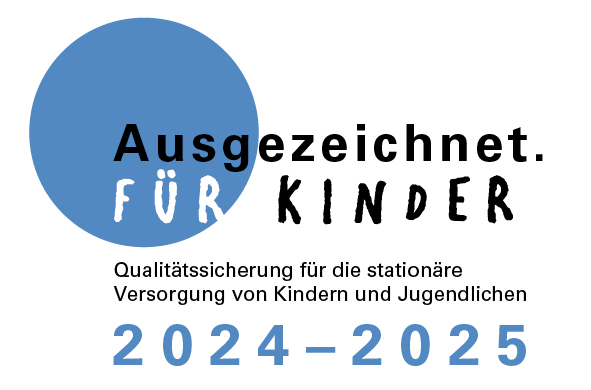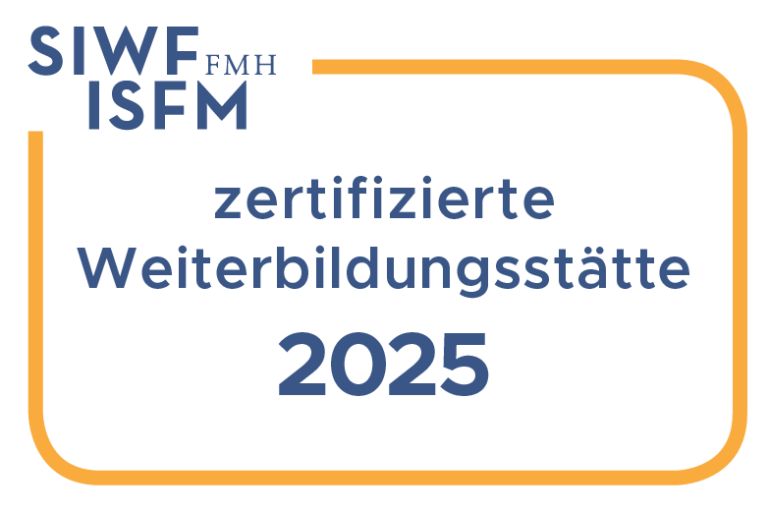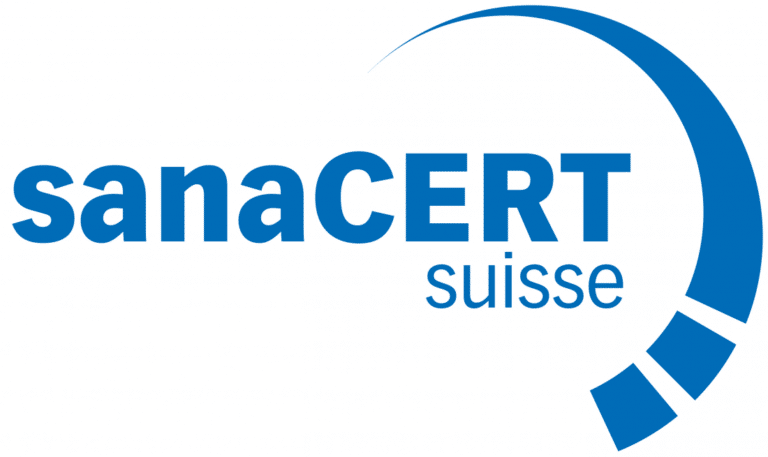Contact us
High contrast
This page has been translated automatically.
Defecation problems are on the rise in children and are often associated with a high level of suffering. In most cases, the complaints are functional. Defecation is a complex process. Several muscles have to interact with the brain and various centres of the spinal cord in a reflex-like mechanism. Problems can occur throughout the entire process and lead to defecation disorders such as constipation or faecal incontinence.
In some cases, organic causes also lead to such complaints. They can be neurological, occur after an anorectal injury or operation, or be caused by a congenital anomaly such as Hirschsprung's disease before.
Regardless of the cause, the symptoms of voiding dysfunction are usually unspecific. This makes targeted therapy difficult and often contributes to a long history of suffering. It is therefore essential to first determine the exact connections that trigger the dysfunction in each individual case.
As a regional centre for anorectal surgery, the UKBB offers the following as part of the interdisciplinary intestinal teams optimal conditions for the care and treatment of children with defecation disorders.
Patients' motor and sensory rectal functions can be objectified in the anorectal function laboratory. The latest available technology is used for the necessary measurements. High-resolution anorectal manometry is used as a clarification procedure.
The functional examination can therefore be an important component in the diagnosis of children with defecation disorders. It supports the path to symptom relief and controlled defecation (social faecal continence).
How can I refer patients for gastrointestinal functional diagnostics?
Referral to the anorectal function laboratory can only be made after an initial medical consultation. Subsequently, registration for functional diagnostics must be made via the Intest registration form or ">direkt by specifying the patient data and the question.
When and how do the examinations take place?
After an initial consultation with a clinical examination and information for families and patients, the functional examination is carried out at a follow-up appointment in our outpatient clinic. The appointments take place on Mondays by appointment. Further examination and check-up appointments are arranged individually as required. In the case of inpatient treatment, the examination takes place during hospitalisation. Once the results of the examination have been analysed, a detailed report and an individual treatment recommendation will be drawn up.




058 387 78 82 (Costs are settled via the health insurance company)
In the event of an emergency abroad, call the emergency number of your health insurance company. You will find the contact details on your health insurance card.
145 (Poison and Information Centre)
University Children's Hospital of both
Basel, Spitalstrasse 33
4056 Basel | CH
Phone +41 61 704 12 12
© UKBB, 2025
The Medgate Kids Line provides quick and uncomplicated medical advice if your child is unwell. The medical team of our partner Medgate is available to you by telephone around the clock.
For emergencies abroad: Call the emergency number of your health insurance company. You will find this number on your health insurance card.
More information: On the Page of the emergency ward you will find everything you need to know about behaviour in emergencies, typical childhood illnesses and waiting times.
144 Outpatient clinic
145 Tox Info Suisse (Poisonings)
117 Police
118 Fire brigade
Which topic would you like to contact us about?
For praise or criticism, please use the Feedback form.